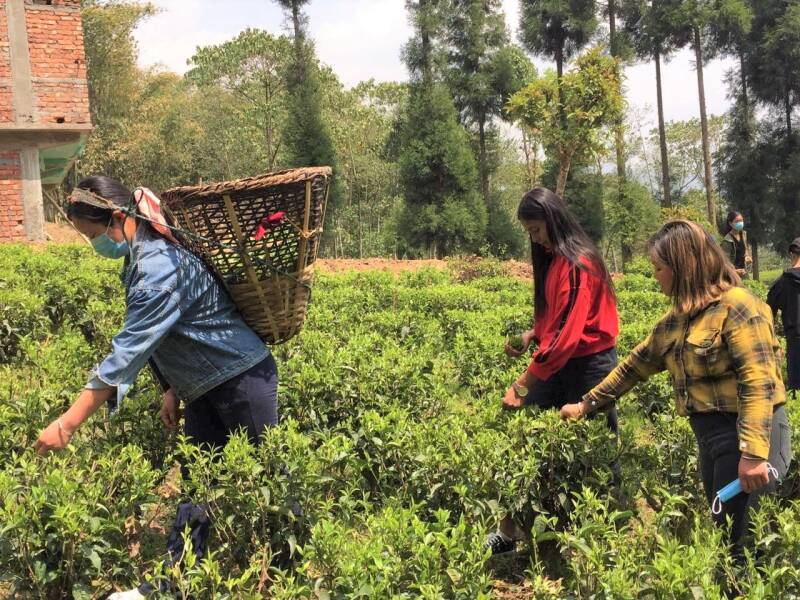
By Viola Chepkemoi
For years, farming in Africa was seen as a path of struggle and little reward. Today, that narrative is being completely rewritten by a new generation. Young Africans are using creativity, technology, and entrepreneurship to prove that agriculture isn't just about survival—it's about opportunity, innovation, and building wealth.
A shift is underway. While many young people traditionally avoided farming, associating it with poverty and outdated methods, rising unemployment and a growing demand for food are changing minds. Youth are now embracing agribusiness as a powerful path to financial independence and a way to transform their communities.
From Small Plots to Profitable Ventures
Across the continent, youth-led ventures are introducing modern, efficient production methods. Whether it's greenhouse farming in Kenya or aquaculture in Nigeria, these young entrepreneurs are leveraging tools like hydroponics, organic farming, and mechanization to turn even small plots of land into profitable businesses.
This transformation is fueled by technology. Digital platforms are at the core of this change, with mobile apps providing farmers with crucial information on market prices, weather updates, and training. Social media is also a powerful tool for marketing, building brands, and connecting directly with customers. AgriTech startups, many founded by young entrepreneurs, are bridging the gap between farmers and markets, boosting profits by cutting out middlemen.
Adding Value, Creating Jobs
Beyond simply selling raw produce, many young farmers are exploring value addition. They are processing crops into higher-value products like flour, juices, and packaged foods. This strategy not only increases their income but also creates jobs for their peers in logistics, marketing, and processing, building a stronger local economy.
Africa's youth are the key to building a new food system—one that is sustainable, profitable, and dynamic. With the right support, including access to credit, training, and markets, they can transform agriculture from a subsistence activity into a thriving business sector and create millions of jobs for the next generation.
What other examples of youth-led agricultural innovation have you seen in your community?


Add comment
Comments